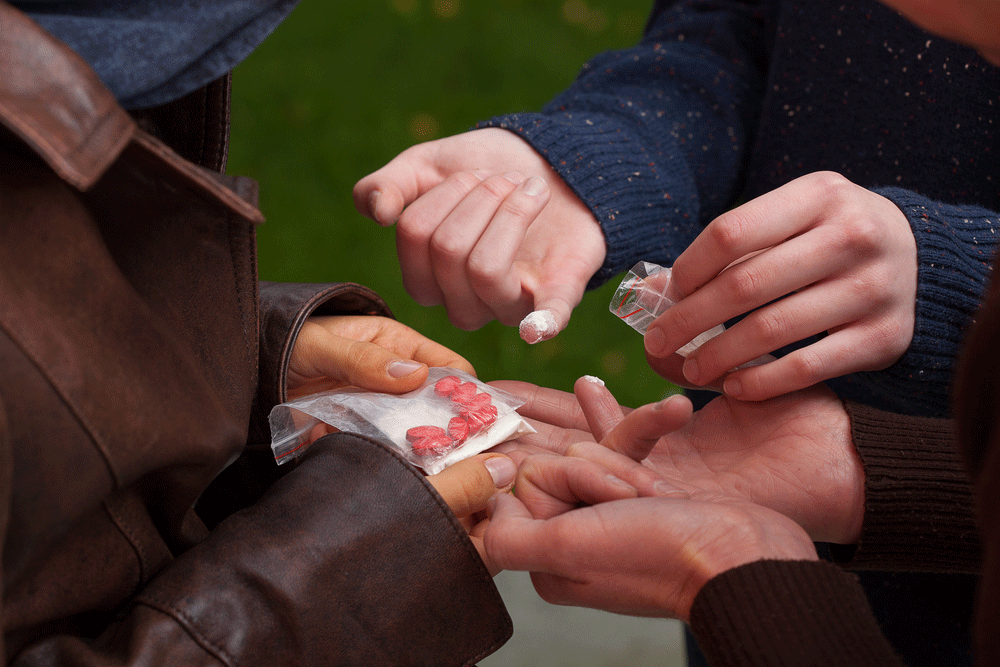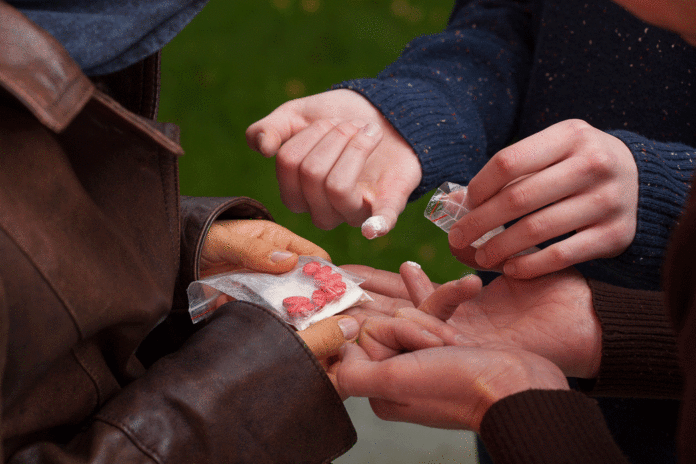As human beings suffer from bloated intelligence, chemical imbalances, and unfortunate circumstances, we naturally look for ways to escape our anguish.
Some people drink, others work, some make art, and others take drugs. Humans often develop escapism during adolescence, when hormones run wild, and the brain is “wired to seek new experiences.”
But, what is it about certain young people that cultivates addiction, while others manage to avoid the disease of substance dependence entirely?
Nature
There are a variety of reasons why people develop an addiction to drugs or alcohol.
Neuroscientist David Linden of John Hopkins University told Scientific American that genetics are only responsible for 40 percent of the equation.
“We know that 40 percent of a predisposition to addiction is genetically determined,” Linden said. “There is no single addiction gene. We don’t even know all the genes involved in conferring addiction risk.”
Those with a genetic predisposition have a greater chance of becoming addicted to drugs and are also more prone to move on to more powerful and addictive substances.
But, as the neuroscientist noted, it is a highly complex combination of genetics that results in a predisposition. In addition to genetics, adolescents are subject to addiction because their brains haven’t finished developing.
The areas of a teenager’s brain that affect decision making, impulse control, instant gratification, and emotional expression are yet to be fully operational during those impressionable years.
An underdeveloped brain coupled with a genetic predisposition for addiction has greater risks of becoming dependent on drugs experimented with. Hormones are shifting uncontrollably during adolescence, which is also responsible for illuminating mental illnesses often associated with substance abuse. Depression, anxiety and bipolar disorder are mental health issues that lead to self-medication and subsequent addiction. Teens with a proclivity to both drug abuse and mental illness have an increased risk of excess, physical dependence, and mental instability.
Nurture
If 40 percent of addiction is derived from genetics, then the remaining 60 percent of drug addiction is attributed to a person’s environment.
Upbringing, trauma and grief are all contributing factors to substance abuse, especially within teens. An adolescent mind is more vulnerable to the effects of a negative environment than those with a fully developed brain.
The Science of Adolescent Risk-Taking Workshop Report found that “effective parenting … can prevent negative behaviors and also promote prosocial behaviors and values.”
Additionally, if a child grows up watching their parents drink or use drugs, they are at greater risk for addiction because they may view drug abuse and drinking as acceptable behaviors.
To get addicted to a drug, you have to first try it. Teens and young adults are inclined to use drugs because of the fragile emotional state of their developing minds. Even if they have attentive parents and a healthy home life, every teen is… (continue reading)

















